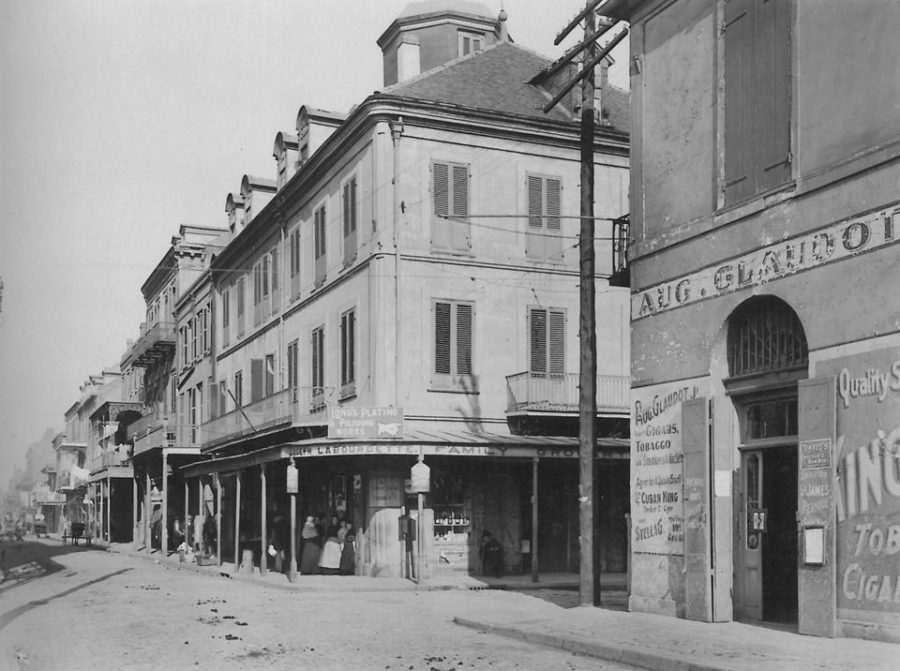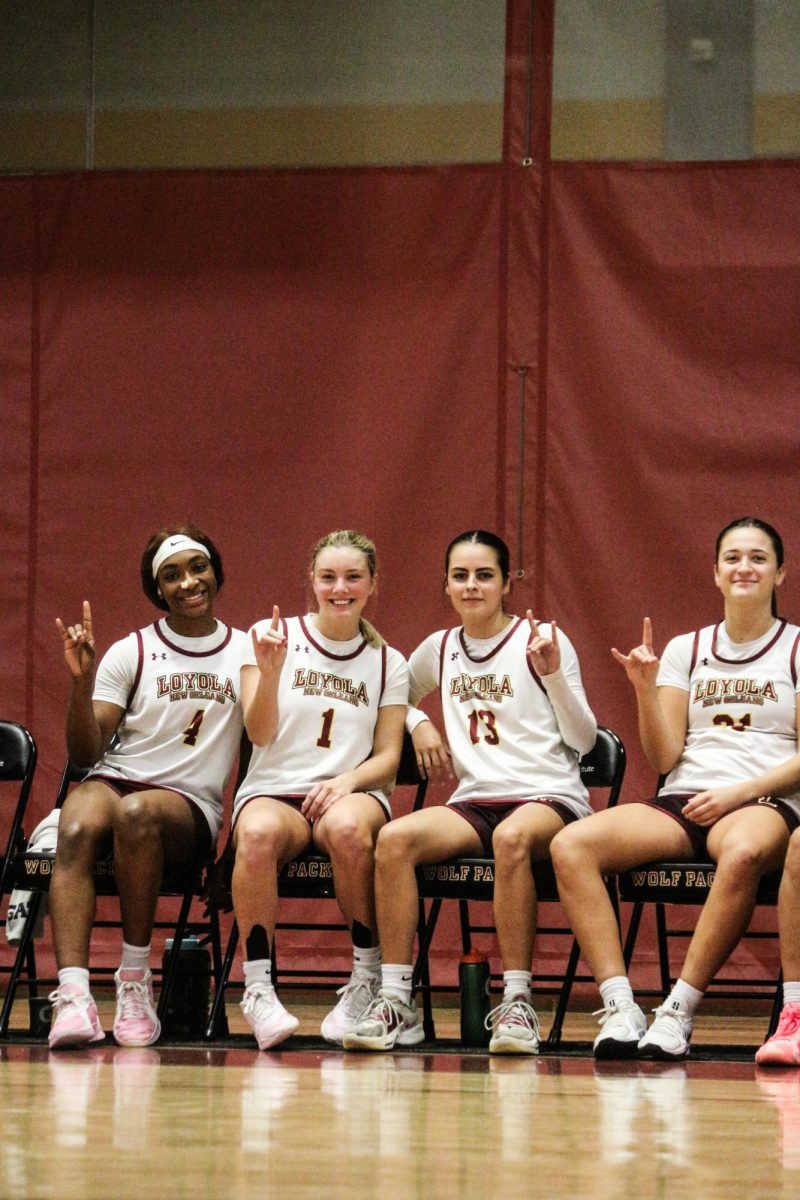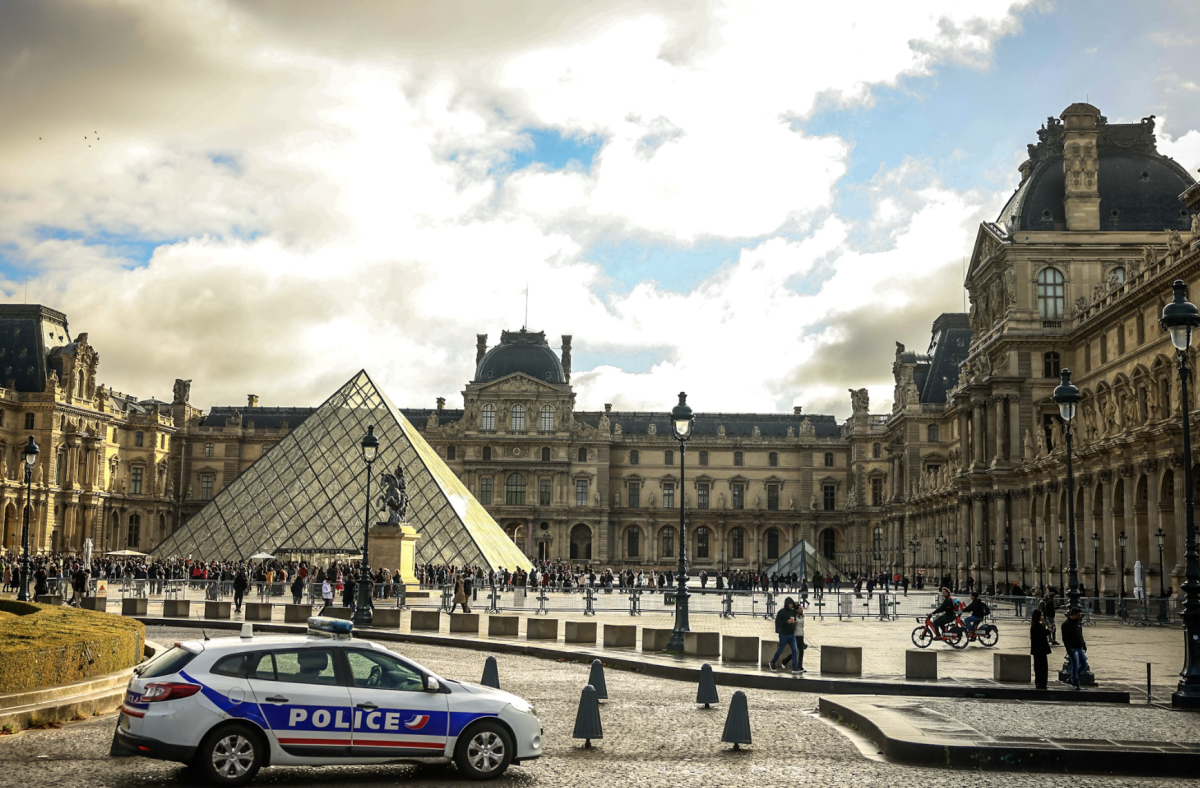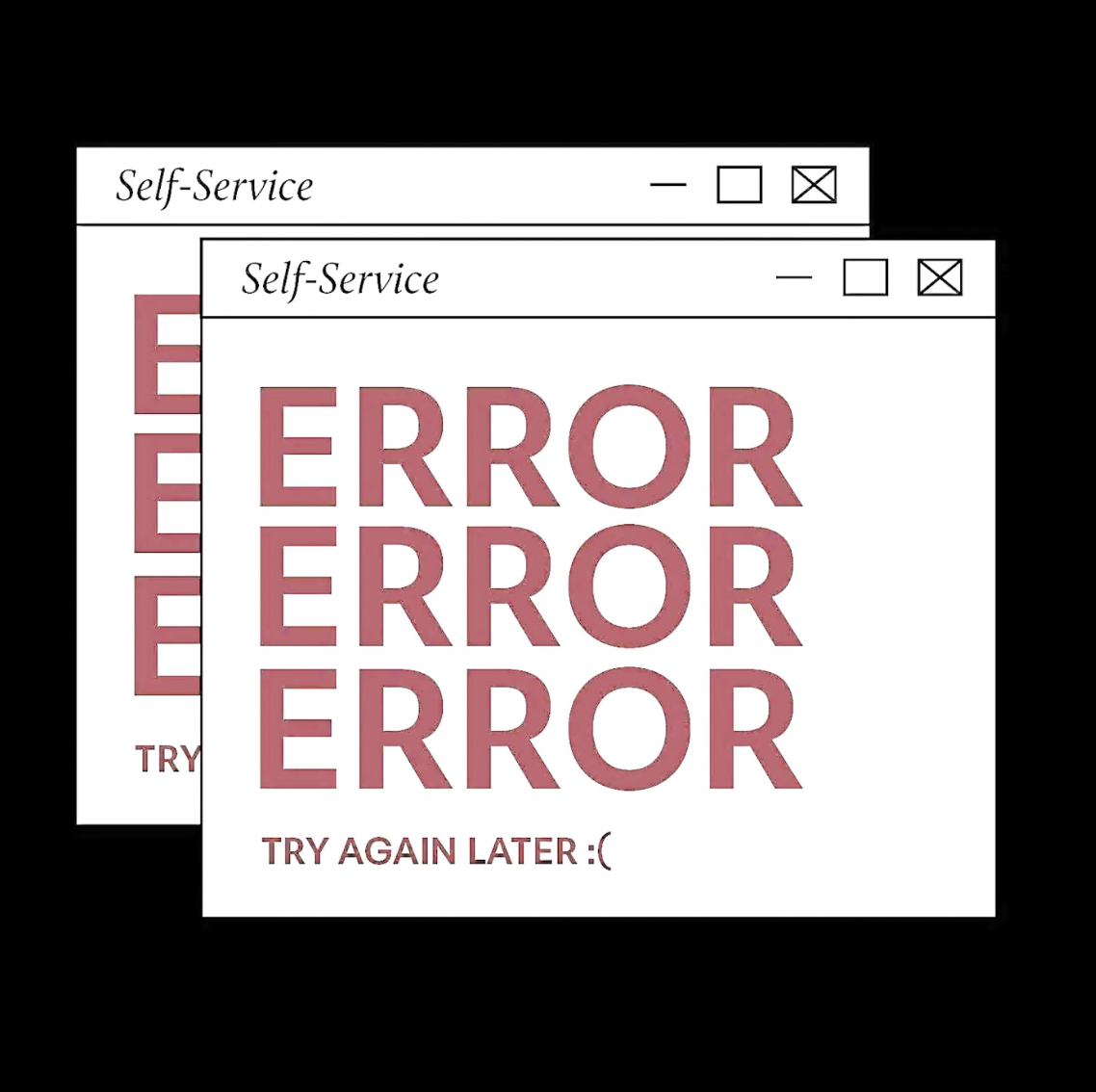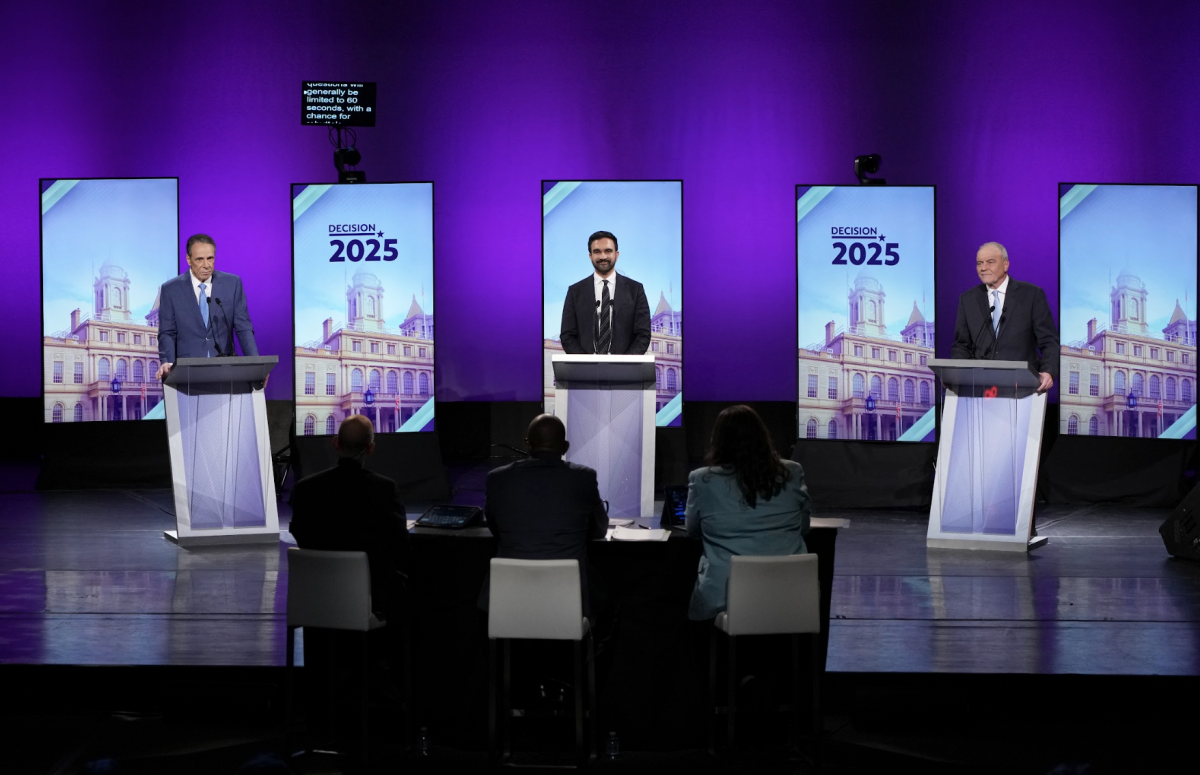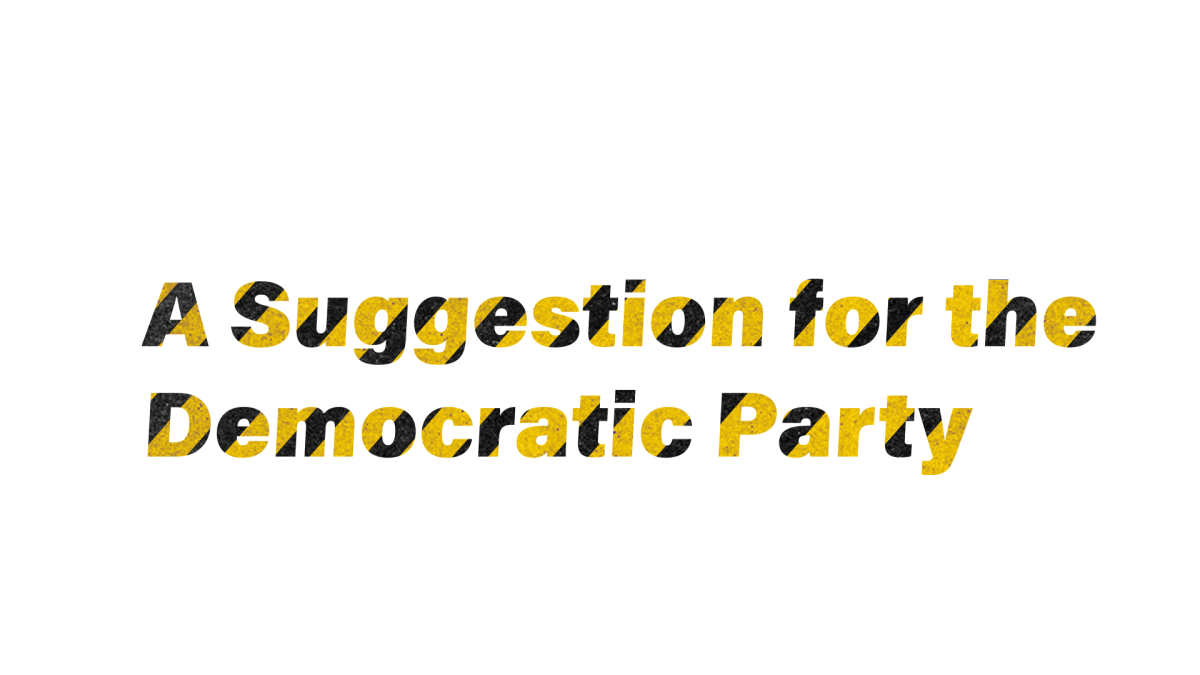Sunday. The last day of the weekend, the last day of freedom before a monotonous workweek, is somewhat dreary, particularly in the Quarter. Here, in the most ancient section of the city, the party is over, the streets are scrubbed, church lets out, and souls are absolved. Yet, on June 24, 1973, at the Up Stairs Lounge, spirits were particularly euphoric and did not share the melancholy sentiments of a snoozing city. In the late afternoon, ordinary members of the gay community, many of the patrons’ blue-collar workers who, on a normal day, sit with their legs apart and their voices held in a deep register, relax on this summer evening. Many gathered here for religious services with the Metropolitan Community Church, a Los Angeles denomination founded a year before the Stonewall Riots and known for its inclusion of queer congregation. By nearly 8 p.m. the sun began to disappear behind the rushing waters of the Mississippi, the streetlamp shadows of the Cathedral steeple reign over the Quarter, and the piercing, fluorescent beacon of the Hotel Monteleone sign illuminates the skyline. The patrons of the Up Stairs Lounge gathered in brotherhood, escaping the brutality of the summer night while singing cabaret tunes in sync with the piano in the corner. Cigarettes pile up in ashtrays, like a graveyard of ash. Mint juleps lingered on lips. Peering across the bar, nearly 125 people filled the galleries, hung onto the bar tops, and shared in the innocence of the post-service evening.
Amid piano jazz and background chatter, Buddy Rasmussen, who was behind the bar, managed to hear the buzzer, a tool to notify employers that a patron is at the door and protected patrons from raids or unwanted intruders. Rasmussen instructs Luther Boggs to open the door. As if the door to Dante’s inferno had unsealed, the smell of sweat and cigarettes and stale booze was promptly overrun by the stench of lighter fluid, and flames swiftly grasped the shag staircase, catching onto the drapery, and engulfing the interior of the barroom. Shortly, as blithe singing became screams, the Up Stairs Lounge was plagued by a scintillating luster. While Rasmussen escorted 20 patrons safely, Luther Boggs would succumb to his third-degree burns weeks later. In desperation and in the confusion of the suffocating fumes, MCC Reverend Bill Larson failed to exit through the windows when a plane of glass pinned him to the fate of the inferno. Larson’s charred corpse remained visible in the window for hours after the New Orleans Fire Department extinguished the fire.
Thirty two patrons and employees were killed following the devastation of the Up Stairs Lounge. Four of them were unclaimed because their families were ashamed of having a gay relative. Their bodies were buried in mass graves at Holt Cemetery. Additionally, the names of the victims were printed in local newspapers, outing them and convicting not the murderer but the victims themselves.
After an investigation of the arson attack, the New Orleans Police Department arrested suspect Roger Dale Nunez despite a lack of evidence. Nunez was released a year later and committed suicide directly after Although there is only speculation that the attacker’s motive was homophobia, the city’s response exhibited homophobia in their handling of the mass murder. The community and the police department failed to recognize the devastation of the mass killing. According to The Historic New Orleans Collection, one officer told a reporter, “This was, after all, a queer bar.” No elected official responded publicly to the fire. Archbishop Philip Hannan denied the victims’ Catholic funerals. Radio commentators humored that the victims’ remains “should be buried in fruit jars.”
To provide further context, in an article for Time magazine, current Archbishop of New Orleans Gregory Aymond apologized for the lack of response from Hannan decades prior.
Despite that many churches in the cities refused services for the deceased, Reverend William P. Richardson at St. George’s on St. Charles hosted a prayer service for which he received mass criticism from parishioners. MCC founder Reverend Troy Perry traveled from Los Angeles to hold further services. The Up Stairs Lounge Fire was the deadliest hate crime against LGBTQ individuals until the Pulse nightclub massacre in 2016.
The LGBT+ Archives Project of Louisiana now displays photographs of the victims’ faces and fingers charred by the blaze.
In 2003, the same year homosexuality was legalized in the United States with the Supreme Court ruling in Lawrence v. Texas, a memorial plaque was placed at the site of the tragic fire. Unlike most plaques in the Quarter, this plaque was placed on the sidewalk instead of the building’s wall. On April 30, the bronze plaque was stolen. In response, the Up Stairs Lounge Memorial Plaque Replacement Committee was formed.
Additionally, former Louisiana resident Genesis Pauly, who has dedicated their time to southern queer organizations, has taken on the responsibility of raising funds themselves for the replacement of the plaque. “I wanted to bring more attention,” Pauly explained, “to those who lost their lives and give them the attention they deserved.” Also involved in the campaign to remember the Up Stairs Lounge Fire for 4 years, Pauly has designed and hand-screen-printed t-shirts commemorating the victims, and says they look forward “to the day a new plaque with name corrections and a renewed memory of that night is placed!”
New Orleans police released a video of Dannie “Tank” Conner Jr., 40, removing and stealing the plaque from its location. No motive has been announced. Conner was arrested by NOPD in September and is currently imprisoned. Historian for the LGBTQ+ Archives Project of Louisiana, Frank Perez, established an online fundraiser with the assistance of the Metropolitan Community Church, aspiring to raise $20,000 for a replacement plaque to be presented at a ceremony on June 24, two days after the anniversary of the attack.
“It’s a cliche, but history is doomed to repeat it,” said Perez. “Those 32 people couldn’t imagine how far we have come as a community. It would be disrespectful to their memory if we don’t fight what’s coming out of Washington.”
As LGBTQ+ rights are threatened by current legislation, the situation regarding civil rights will worsen if its members and allies refrain from fighting back. On March 25, Hungary banned all Pride events. The revocation of queer rights spreads through the West like a plague. The remedy is to remember LGBTQ+ history and protest. The Stonewall Riots in 1969 and the Up Stairs Lounge Fire in 1973 both marked pivotal moments in LGBTQ+ history, with the riots igniting a wave of activism and the fire tragically highlighting the violent persecution and neglect faced by the community during that era.
Members of the queer community and their allies are called to adopt the strategies of HIV/AIDS activists of the late 20th century. Indifference is killing the LGBTQ+ community. We are all called to observe the past, like the Up Stairs Lounge Fire, not only to remember those who died for the cause but also to find purpose and revelation. Any rights acquired in America are subjected to revocation.


